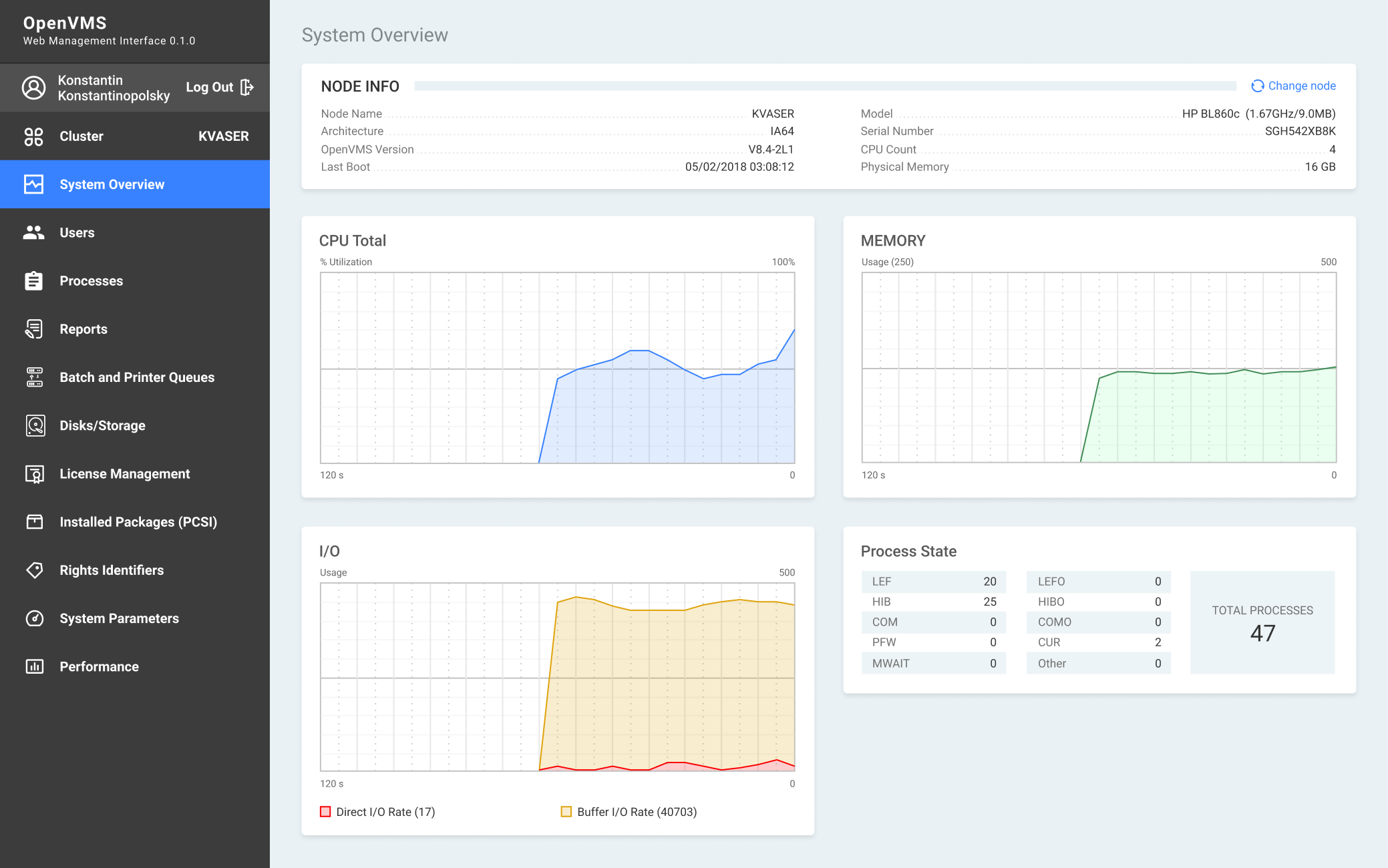OpenVMS
OpenVMS is a server operating system, originally developed by Digital Equipment Corporation (DEC) as VMS. It was enhanced by Compaq, HP(E), and is now licensed to VMS Software, Inc. that ported OpenVMS to industry-standard Intel and AMD x86-64 CPU architecture, enabled virtualization, and released several updates for Integrity and Alpha.

Features and Benefits
Security
VMS first saw the light of day in 1977, so it predates Windows Server and Linux, although has links to both of those operating systems, and has been in operation ever since.

Stability
OpenVMS’s strengths are its reliability, security, and availability, key attributes in a server operating system. Some OpenVMS environments can measure their uptime in years; no mean feat in today’s climate of hackers and system interruptions.

Reliability
Clustering is a key element in OpenVMS’s success; this technology was invented by DEC engineers and it is this functionality that sets OpenVMS apart from its rivals. The ability to cluster 2 or more servers together providing failover (if a node fails) is priceless in computing terms; this ability makes OpenVMS clusters disaster tolerant, where the failure of a server or an entire site does not result in any appreciable downtime, as the applications continue to run on the remaining servers.

Management
The WebUI for VSI OpenVMS provides a RESTful interface for the management of VSI OpenVMS systems. In addition to the core REST API, the software includes a modern and intuitive web browser based graphical user interface and Python language bindings that can be used to implement management tools and scripts that can be run from any platform to perform automated remote management tasks.

Latest OpenVMS Versions
VMS Software, Inc. has provided a number of new OpenVMS releases for Alpha, Integrity, and x86 to help protect customers' investments and guarantee reliability and integrity of their infrastructure. To find out more about the versions developed by VMS Software, proceed to the page below: